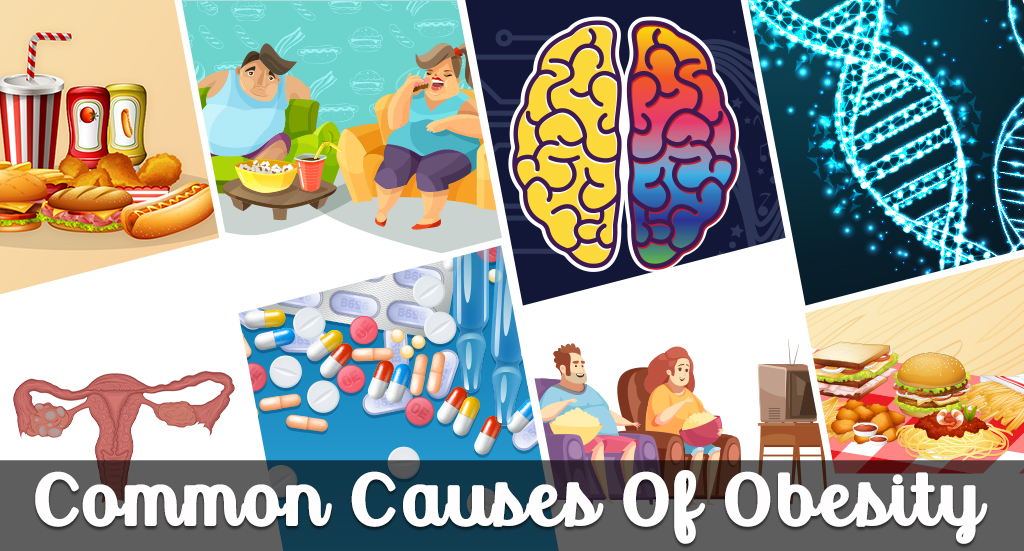Food is essential for life. It gives us the essential components of life to flourish and the center of focus is energy. But when excess food is consumed, the extra energy is converted and stored in the body in the form of glycogen and fat. The proper equilibrium between calorie consumption and energy investment determines an individual’s weight. As already discussed, if an individual consumes more calories than they need, it will automatically lead to weight gain mainly in the form of fat mass. The most common causes of obesity are excess eating and physical inactivity. Eventually, bodyweight is the outcome of genetics, metabolism, environment, behaviour, and culture.
Physical Inactivity:
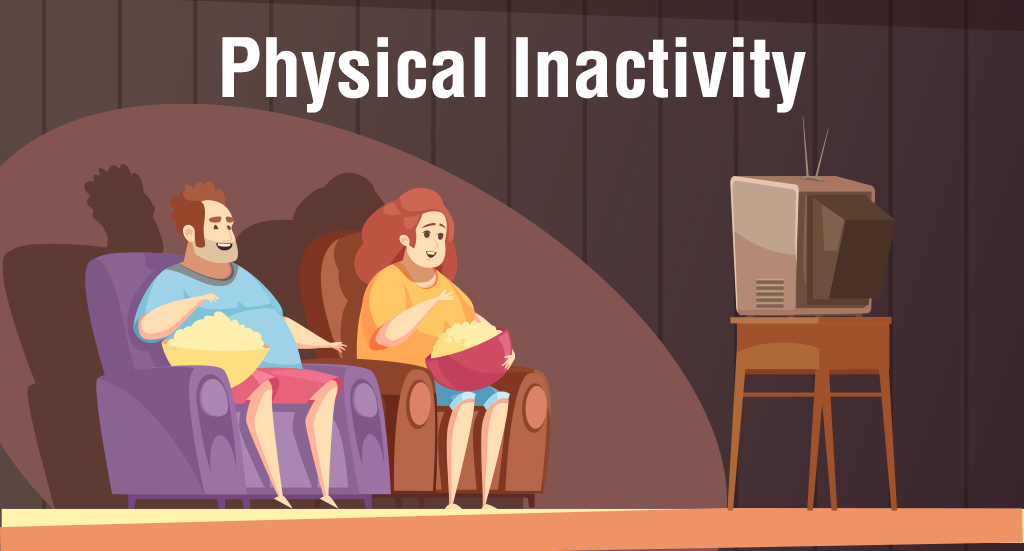
The energy needs depend on physical work. A sedentary person because of his less physical activity, burn less calorie as compared to an active person. Modernisation of lifestyle leads us to a more sedentary life than ever. Scientific research proved a strong co-relation between sedentary life and obesity.
Overeating:
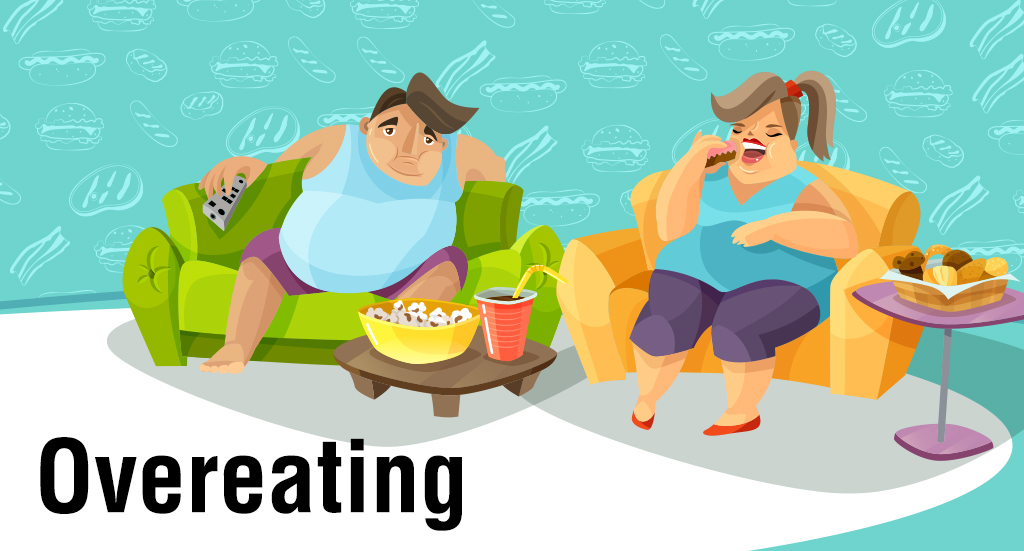
There is no doubt that over eating will definitely lead to weight gain. Food high in fat and sugar has a great satiety value and taste for eg. fast food, fried food, sweets, etc. Several epidemiological studies have shown that diets high in fat contribute to weight gain.
Genetics Factor:

If both parents are obese the offspring is more likely prone to become fat. One reason could be that the mechanism of hormones being related to genetic factors, like Leptin deficiency. Leptin is a hormone that is responsible for the satiety feeling and stops us from eating more, which in turn controls the body fat deposition. If due to the genetic default, there is less production of leptin in the body, this will result in overeating and hence obesity. So if you tend to overeat, check with the doctor, it might due to genetic default.
High intake of Simple Carbohydrates Diet:
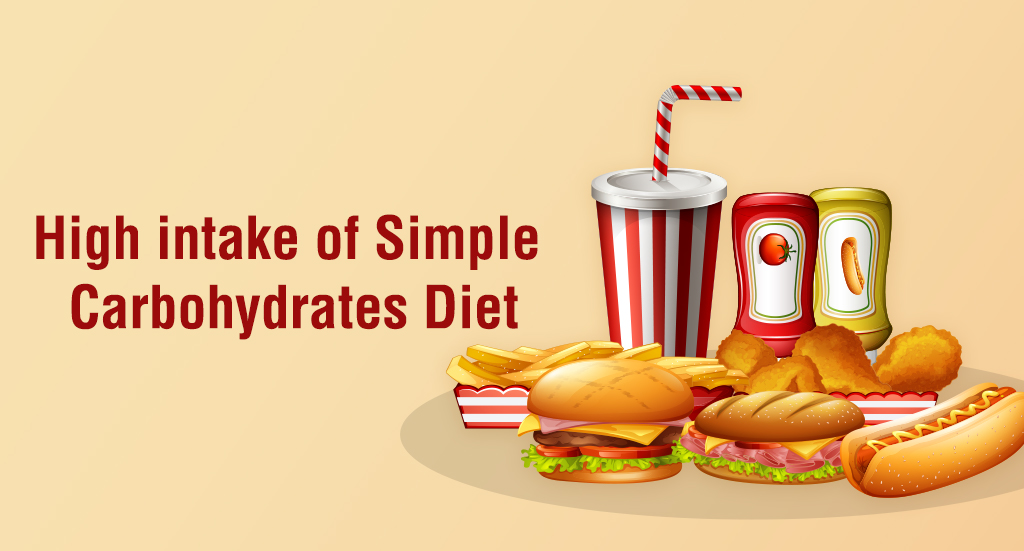
Carbohydrates in the diet increase the blood glucose levels, which in turn stimulate insulin secretion by the pancreas. Insulin promotes the growth of fat tissue and can lead to weight gain. Some studies have shown that simple carbohydrates contribute to weight gain through rapid absorption into the bloodstream than complex carbohydrates. It then causes more insulin release after meals. This higher insulin release is associated with weight gain.
Binge Eating:

Binge eating results in more consumption of food, and hence directly related to overweight and obesity.
Medications:

Some medications are associated with weight gain, like antidepressants, anticonvulsants, some diabetes medication, and oral contraceptives lead to gaining weight.
Psychological Factors:
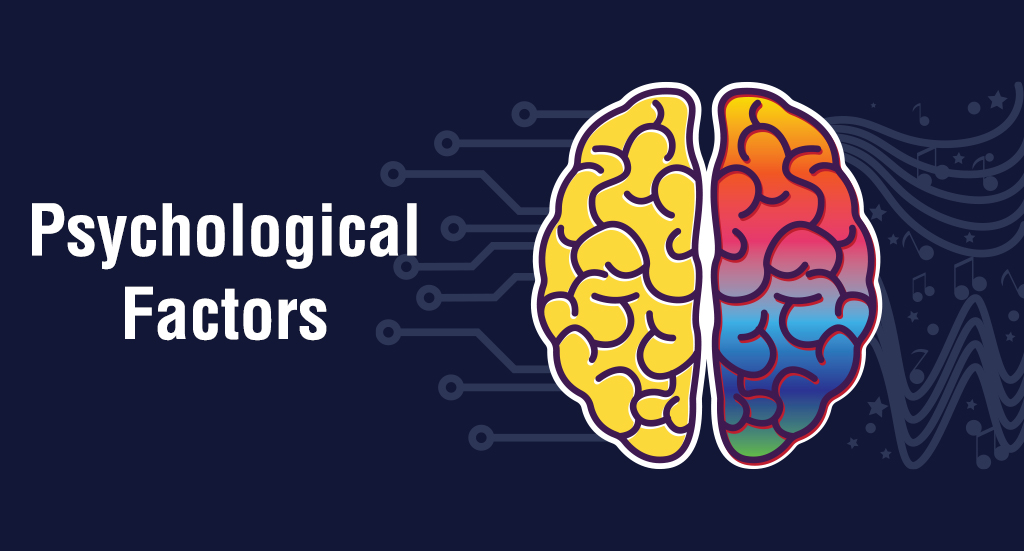
Emotions also have an impact on obesity. Some people tend to eat more when they are upset. Many people overeat in response to emotions such as boredom, sadness, stress, anger, etc.
Diseases:
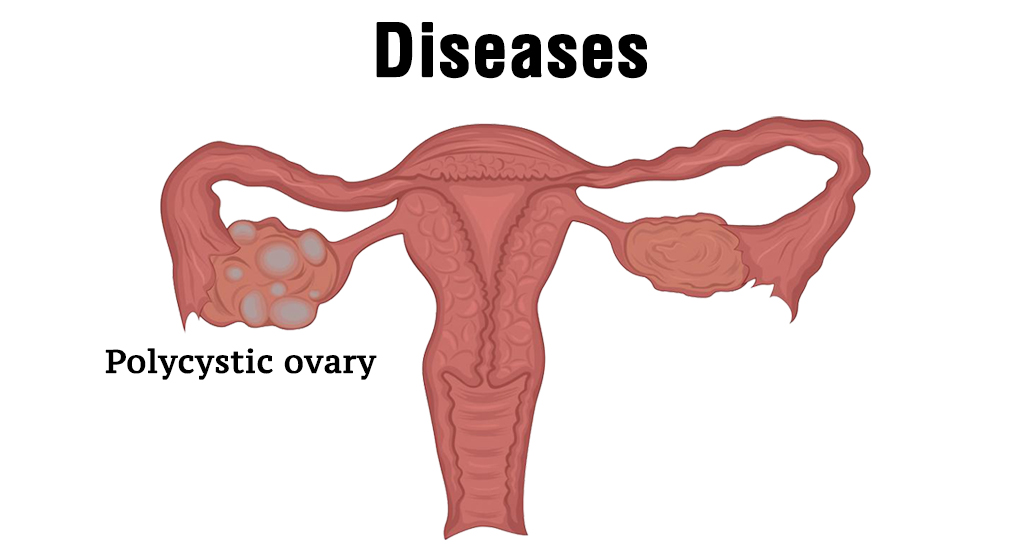
Diseases like hypothyroidism, insulin resistance, PCOD, SLE (Systemic Lupus Erythromyosis), Cushing’s syndrome can lead to obesity.
Social Issues:

There is a strong correlation between social issues and obesity. Lack of money to purchase healthy foods or lack of exercise facilities can increase the risk of obesity.
If your weight is on the higher side check the reason first and then act accordingly. But for management always be careful about the choices that have been made.

